Ever since he spearheaded 2009’s inventive cinematic portrayal of “Fantastic Mr. Fox,” Wes Anderson has made clear his love of classic British children’s author Roald Dahl. Now, in 2023, Anderson has partnered with Netflix to create four new short film adaptations of Roald Dahl stories, returning to the well of children’s literature. With a limited theatrical release, viewers will be catching these shorts at home, unfortunately constraining such visually striking films to the small screen. Regardless, the quartet of shorts makes for a fascinating collection well worth the audience’s time and attention.
Unique to these shorts is that they are decidedly literary adaptations. These are “stories,” first and foremost, and each film provides necessary context about their origins. Anderson is adapting stories that are primarily light, fun and intended for children, but he treats each text with the utmost respect.
Most people can recognize Anderson for his stunning visuals, but his innate capacity for theatrical direction is similarly commendable. Characters speak in a constant narration, constantly propelled forward through a meter of dialogue. Actors stare down the barrel of the camera, monologuing and narrating events as the sets transform behind them. Anderson demands the audience’s full attention, not to say his latest shorts are exhausting to watch. These shorts operate on such a specific pitch with such confidence that viewers have to follow the words and flow with them. Collectively, the shorts share numerous thematic and artistic throughlines, but each stands as its own piece, worth examining in its own right.
“The Wonderful Story of Henry Sugar” ★★★★☆
The first short tells the story of a wealthy man with an affection for gambling, Henry Sugar (Benedict Cumberbatch). Anderson’s fixation on stories within stories is again a driving force behind this adaptation. While some will find the narrative structure confusing, unwieldy or unnecessary, the technique feels remarkably accessible here. First, Henry Sugar stumbles upon a doctor’s written account of an encounter with traveling circus performer Imdad Khan (Ben Kingsley). A wandering Khan meets two doctors, claiming he can see without his eyes. Anderson then shows viewers Khan’s long journey, in which he trains to perfect his unlikely skill. Enticing viewers as the story descends into Kahn’s tale of mastering his powers before jumping back to Henry’s perspective for its conclusion.
However, one of the more novel aspects of this particular story-within-a-story is the metatextual thread that ties things together. Throughout the narrative, characters find inspiration from within a deeper layer of the story, taking actions that mirror others, as we see how different stories work as inspiration for ones that precede or exist outside of it. “The Wonderful Story of Henry Sugar” is not just about sources of inspiration but also the nature of an adaptation, what people take away and what they use as a vehicle for something entirely different.
“The Wonderful Story of Henry Sugar” may be short, but it feels like an essential piece of Wes Anderson’s filmography. While Anderson doesn’t revolutionize anything about the stories, he interprets the original text in a way only he can, synthesizing something wholly different in the process.
“The Swan” ★★★★☆
It’s rare for a film to feel like it embodies the principle of “tell, don’t show,” but that’s what “The Swan” predominantly does. Rupert Friend narrates the story of a boy named Peter Watson who encounters two bullies while birdwatching. Almost immediately, it’s clear that what’s acted out on screen doesn’t directly correlate with the dialogue, forcing the audience to engage with the words. It’s a masterful way to emphasize the original text, but strange to watch a film where things are described but not shown.
Mainly, this works to obscure the aspects of the story that might translate as overly violent on screen. However, when ugliness is represented through Anderson’s melancholic reflection, the story becomes even sadder. It’s easy to miss, as Friend starts as a solely omniscient figure and reveals his involvement in the story with no greater urgency than any other plot detail. It’s confusing to watch a film that juxtaposes its images and narrative without spelling anything out. But once the audience figures out Anderson’s goal, the film seems all the more daring and impressive. Otherwise, it’s another visual treat from Anderson, featuring an impressive set and distinctive effects. “The Swan” is easily the least traditional of the four shorts, making it so intriguing, even if its vision isn’t conveyed 100% of the time.
“The Ratcatcher” ★★★☆☆
Who is the Rat? Who is the Ratcatcher? These are the central questions behind this adaptation of the little-known Roald Dahl story. Ralph Fiennes plays the titular Ratcatcher, who creeps into an English village and encounters a writer (Richard Ayoade) and a mechanic (Rupert Friend) at a gas station. Introducing himself, the ratcatcher speaks about the difficulty of his profession, outlining his plan to catch the rats in the village. The Ratcatcher’s general philosophy is that to catch a rat, you have to think like a rat, and it quickly becomes apparent how he has all but become one. It’s an interesting premise aided by complex imagery but ultimately leaves the story feeling too uneven to be satisfying. The Ratcatcher leaves with an air of mystery around him, but at the same time, nothing changes about how audiences view him.
Otherwise, it’s enjoyable to see Ralph Fiennes hamming it up as a weaselly rat man and going for a broader sense of theatricality. Richard Ayoade is a great fit for an Anderson film, but Rupert Friend ultimately leaves little impression. The few moments that try to play with the form of the story are interesting, yet feel too ambiguous to have any lasting effect. Ultimately, “The Ratcatcher” is an interesting addition to the bunch, but it feels over before it can get anywhere special.
“Poison” ★★★½ ☆☆
The final film in the collection, “Poison” starts strong, as the story’s narrator, Supervisor Woods (Dev Patel) arrives at the house of his friend Harry Pope (Benedict Cumberbatch) and finds him frozen in place. Through terse and strained speech, Harry explains that a deadly venomous snake known as ‘The Krait’ has made its way underneath his covers and now has fallen asleep on his stomach. From here, Woods calls in Dr. Ganderbai (Ben Kingsley) to assist Harry, who is trying to hold out for as long as possible while they resolve the situation. Patel is especially fun to watch, able to strike a nice balance between acting calm and selling the stakes. Constrained to a bed for most of the runtime, Cumberbatch doesn’t have much to do, but he’s good at selling the situation, and it’s always fun to have Ben Kingsley around.
The story takes place in India during British rule, but that fact, along with many bits of character detail, is never directly stated. Instead, these aspects, layered through the texture of the world and the dialogue, help provide a sense of a larger setting. It also helps that Ralph Fiennes pops in as Roald Dahl to share information and background.
“Poison” is a deceptively simple tale that lets you get wrapped up in its central conflict before swiftly pulling back the curtain just as things reach a climax. The reveal is set up so well that it’s satisfying to see the thematics crystallize with such a simple touch. It’s a story that will stick with you and leave gripping questions in its wake.



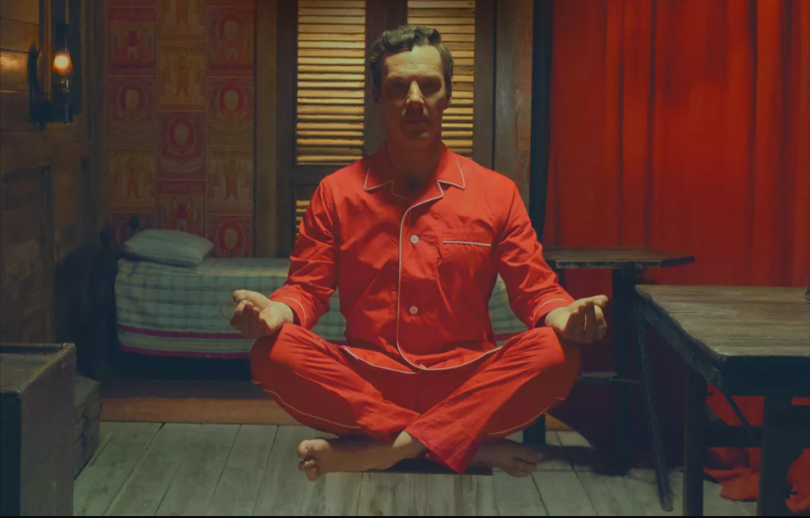

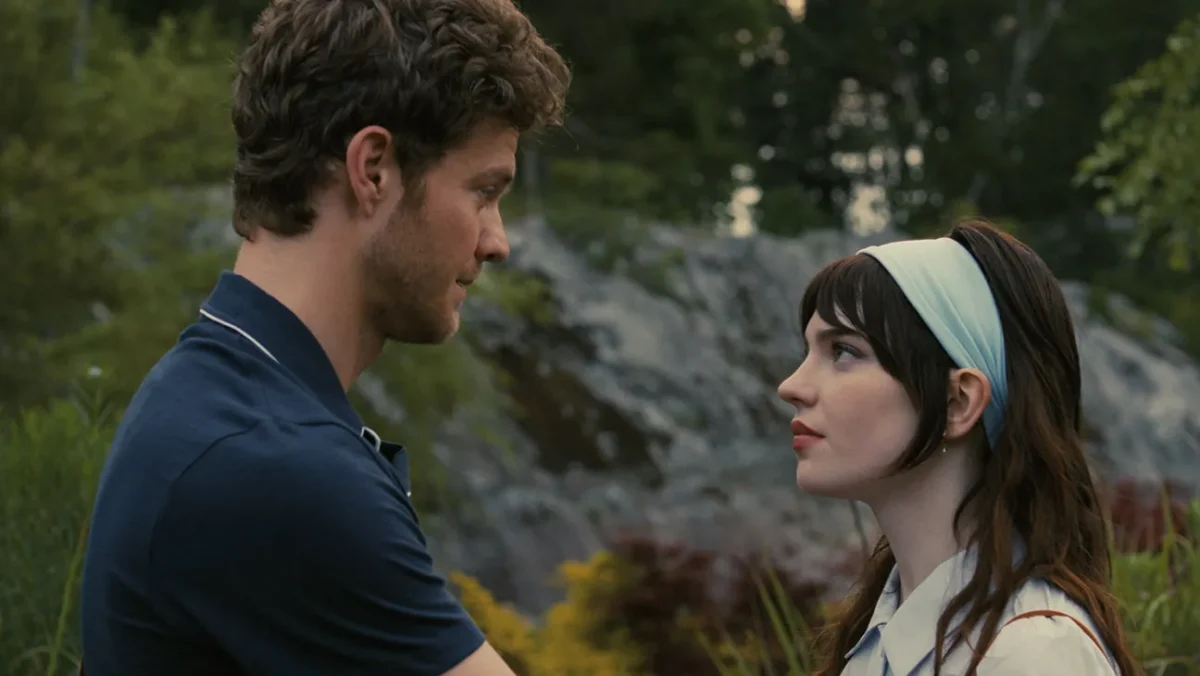
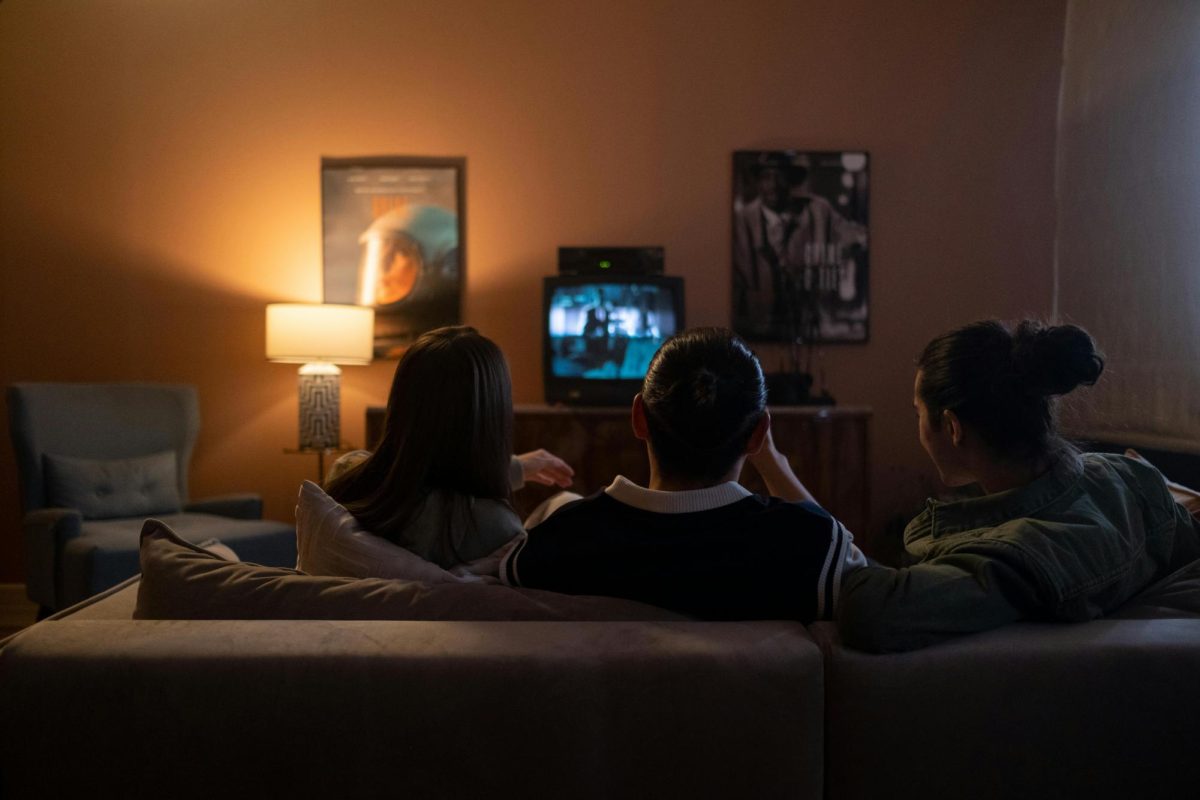

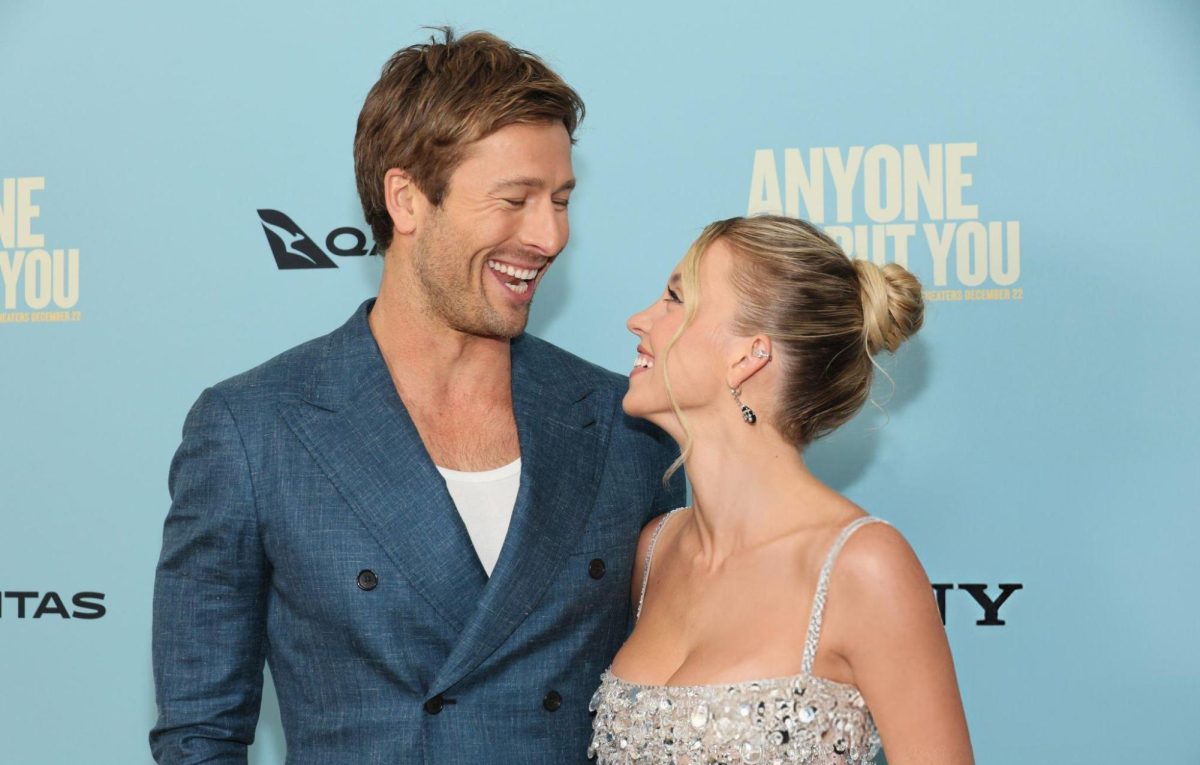

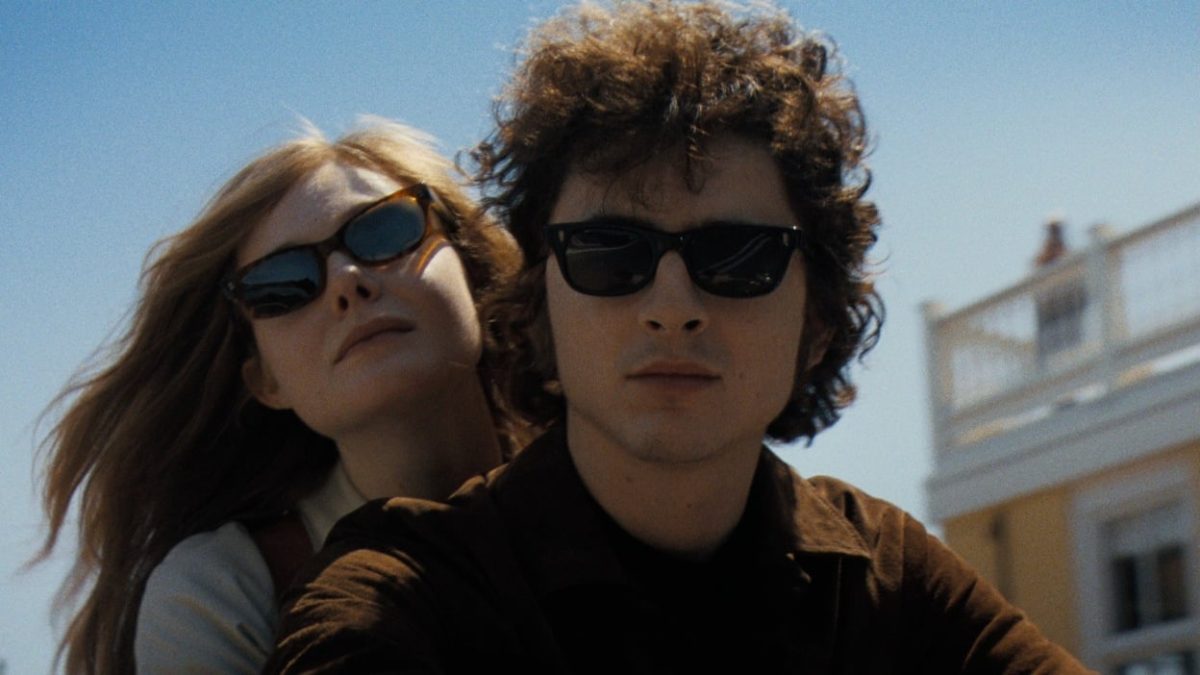


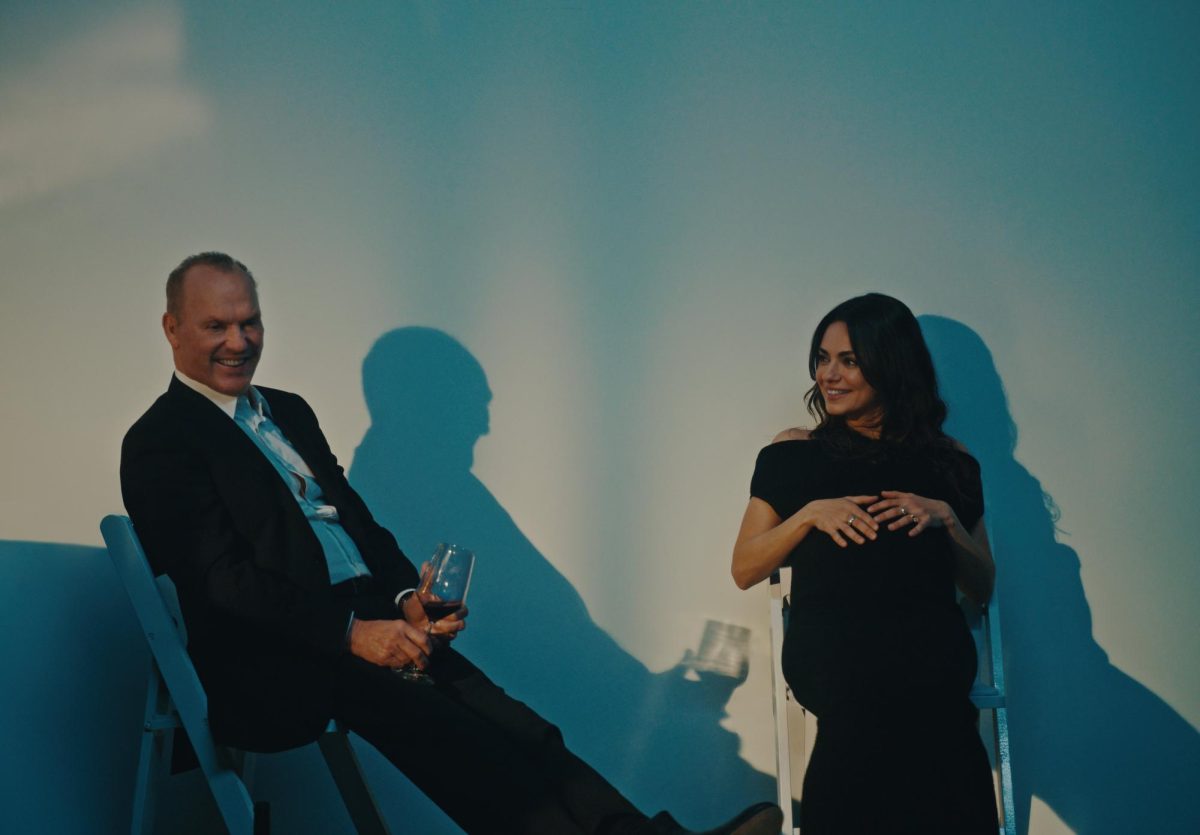
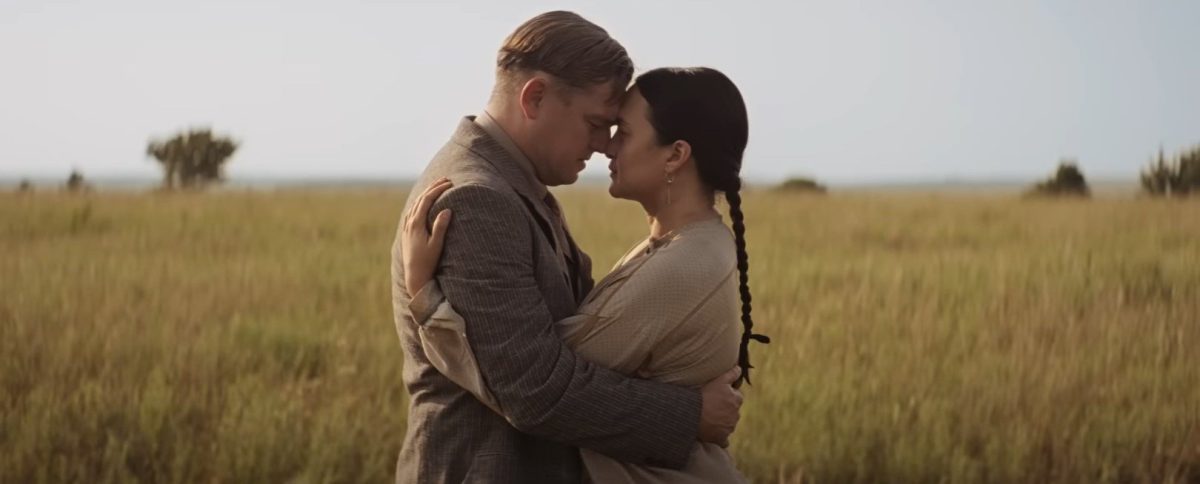


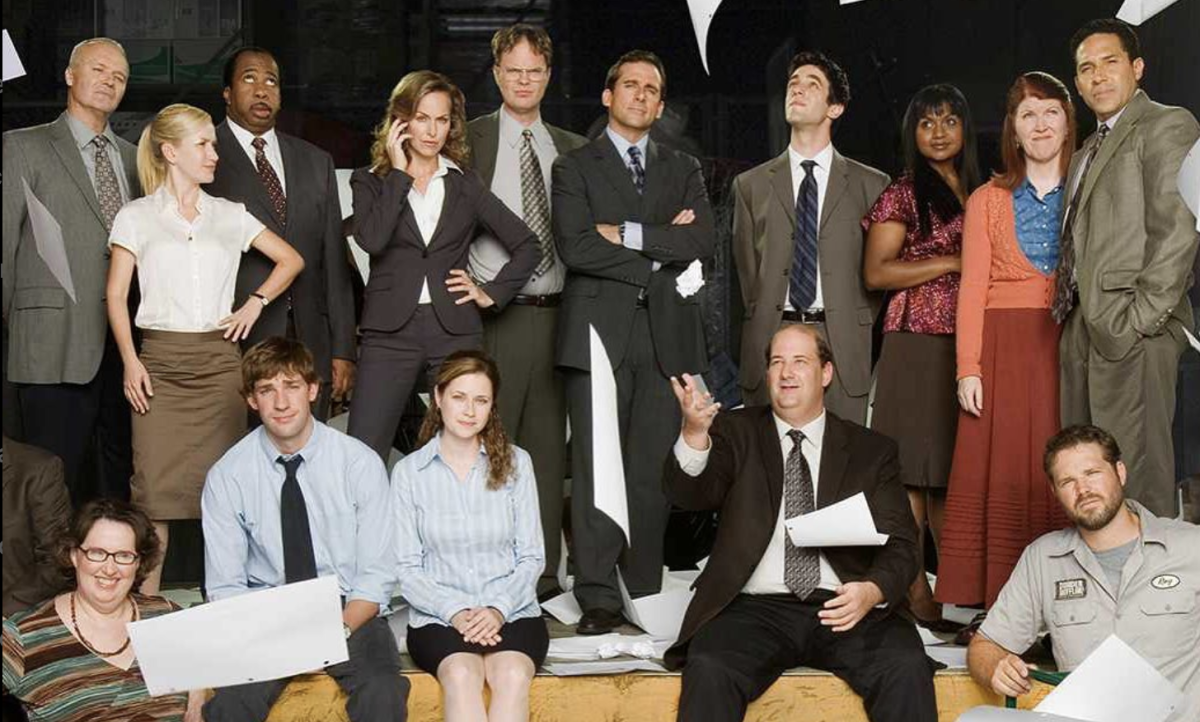

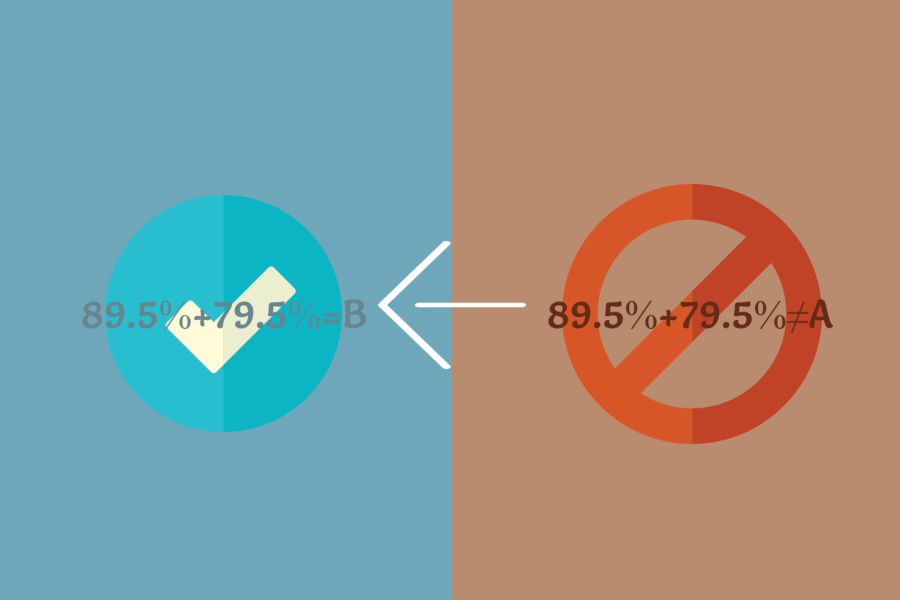


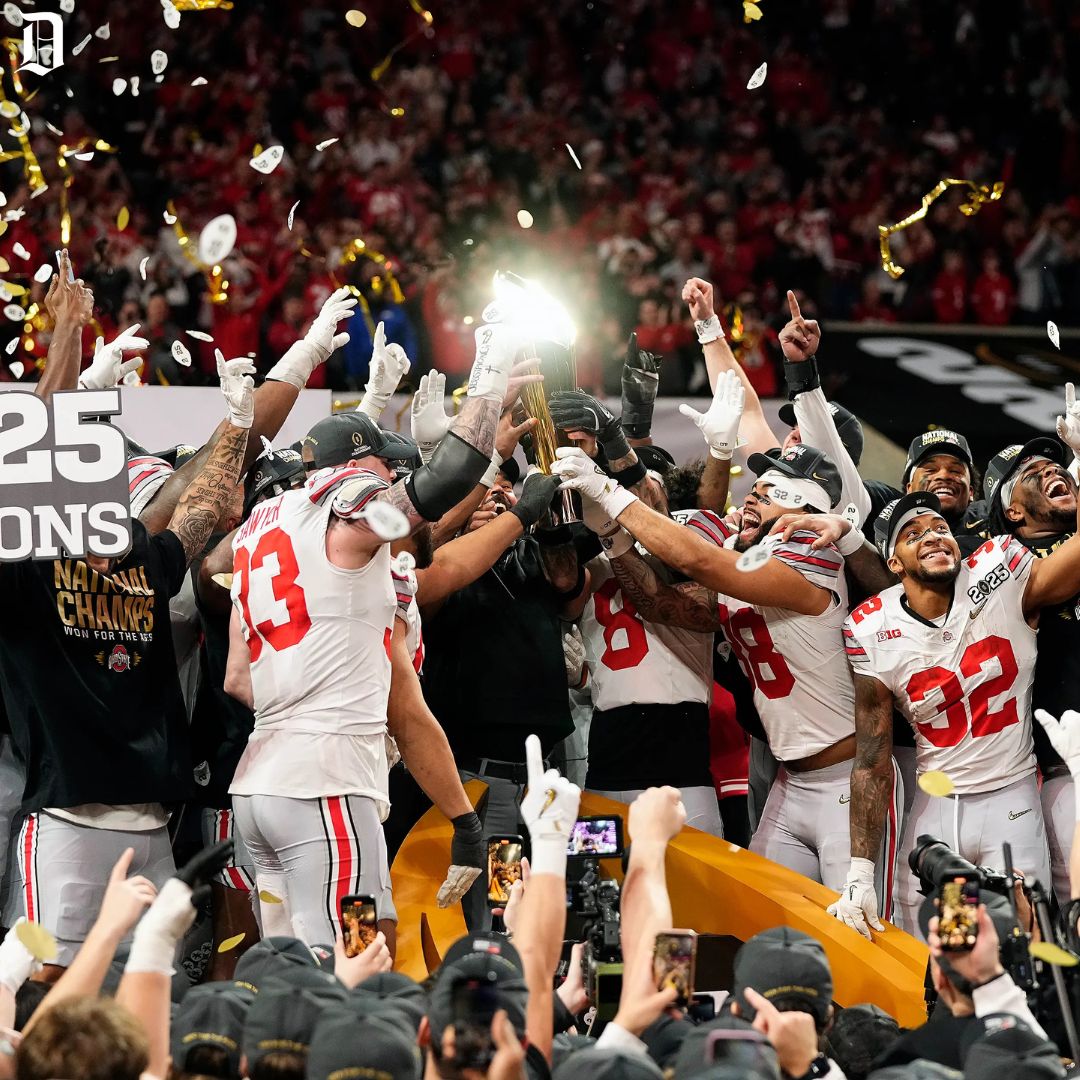
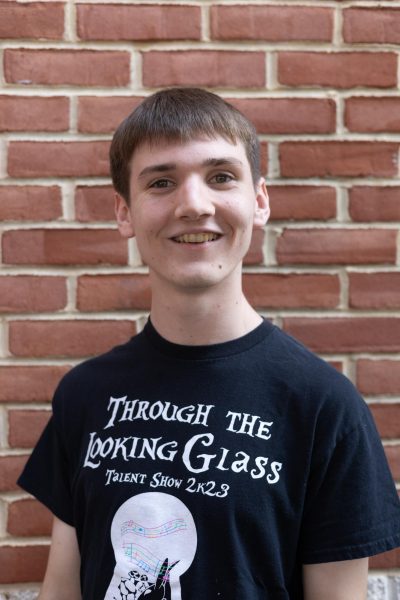
Graham Rogers • Nov 6, 2023 at 2:11 pm
This definitley convinced me to give this show a chance, this guy knows what hes talking about.